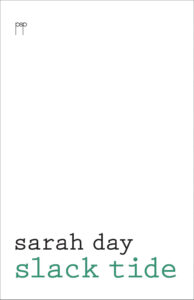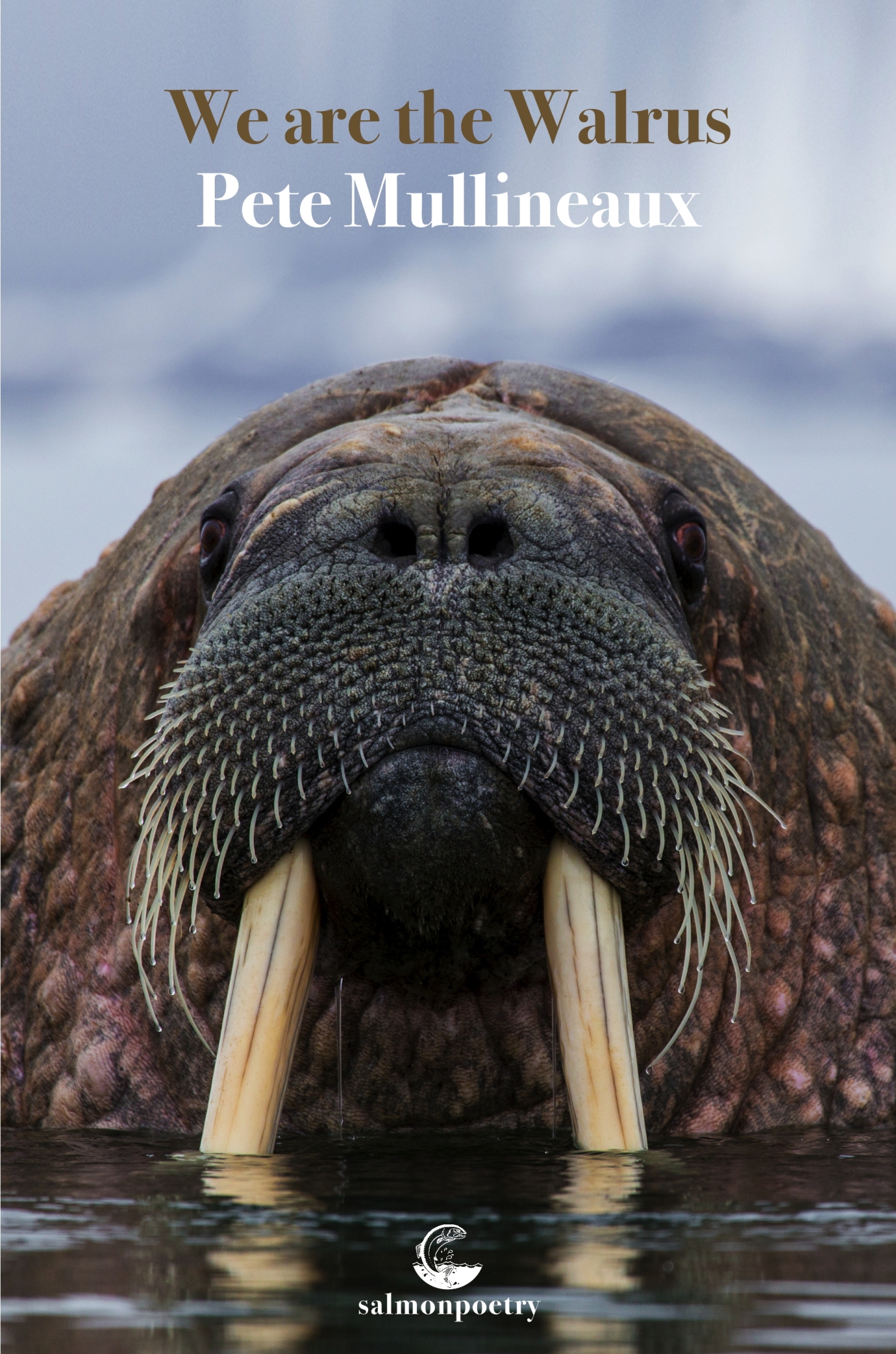 The San Gabriel Mission is just one of the many battle sites that make up Bermejo’s new poetry collection Incantation: Love Poems for Battle Sites, exploring the internal and external concerns about the current state of fear and chaos in America and how past unresolved fear and chaos can still haunt us.
The San Gabriel Mission is just one of the many battle sites that make up Bermejo’s new poetry collection Incantation: Love Poems for Battle Sites, exploring the internal and external concerns about the current state of fear and chaos in America and how past unresolved fear and chaos can still haunt us.
Category: Poetry Reviews
A review of If Some God Shakes Your House by Jennifer Franklin
 There is so much pain in this collection that it is hard to bear. What makes the reader continue is the poet’s ability to encompass so much in each poem. Whether it’s the varied content, as illustrated in the poems described above, or the raw emotion she conveys as she stares directly at life and its inevitable end, her work must be read.
There is so much pain in this collection that it is hard to bear. What makes the reader continue is the poet’s ability to encompass so much in each poem. Whether it’s the varied content, as illustrated in the poems described above, or the raw emotion she conveys as she stares directly at life and its inevitable end, her work must be read.
A review of Slack Tide by Sarah Day
 Day observes the world, finds connections between things, explores invisible currents that influence life like environmental issues, the social, and the geo-political. Many of her poems highlight the incongruences that we face each day like observing the beauty of our planet and at the same time its destruction.
Day observes the world, finds connections between things, explores invisible currents that influence life like environmental issues, the social, and the geo-political. Many of her poems highlight the incongruences that we face each day like observing the beauty of our planet and at the same time its destruction.
A review of Good Housekeeping by Bruce E. Whitacre
 The “message” in these urgently tangible sensations – touch, sound, sight, smell – is conveyed in the titles of several of Whitacre’s concluding poems, “At the End of the Day,” Just Be,” and “Remember to Live.” It’s the same insistence Mary Oliver memorably emphasizes when she writes about this “one wild and precious life” that we live.
The “message” in these urgently tangible sensations – touch, sound, sight, smell – is conveyed in the titles of several of Whitacre’s concluding poems, “At the End of the Day,” Just Be,” and “Remember to Live.” It’s the same insistence Mary Oliver memorably emphasizes when she writes about this “one wild and precious life” that we live.
A review of Ghost Poetry by Robbie Coburn
 Ghost Poetry is a poetry collection that converts anguish and sadness into a creative power. There is suffering throughout the book, but the strength that underpins the pain is unmistakable, like a wild horse “burning unbridled inside the sky’s ceiling” exerting its will to live.
Ghost Poetry is a poetry collection that converts anguish and sadness into a creative power. There is suffering throughout the book, but the strength that underpins the pain is unmistakable, like a wild horse “burning unbridled inside the sky’s ceiling” exerting its will to live.
A review of We are the Walrus by Pete Mullineaux
 The poet aptly observes a ‘Bovine Heaven’. However, it also subtly indicates that such peaceful living is impossible for human beings, be it from a sociological or ecological perspective. It also sets off a train of thought where Earth is not left the same from one generation to the next.
The poet aptly observes a ‘Bovine Heaven’. However, it also subtly indicates that such peaceful living is impossible for human beings, be it from a sociological or ecological perspective. It also sets off a train of thought where Earth is not left the same from one generation to the next.
A review of Review of River City Fires by Derek Annis
 We’re not taken through the streets of this city as much as we are taken on a tour of language. These poems are driven by sound, and a tone that lulls us until images catch, tumble open, or almost combust. Pace and momentum shape the collection, delivering softly-stated violence often inflicted by the natural world upon itself. In Still Life with Razor Blade, we see “night cut evening’s /throat to let the dark out.”
We’re not taken through the streets of this city as much as we are taken on a tour of language. These poems are driven by sound, and a tone that lulls us until images catch, tumble open, or almost combust. Pace and momentum shape the collection, delivering softly-stated violence often inflicted by the natural world upon itself. In Still Life with Razor Blade, we see “night cut evening’s /throat to let the dark out.”
The Echoes of Dominus: Navigating Through the Poetic Journey of Tiffany Troy
 Troy surprises every time with her complex and introspective exploration of her inner thoughts and emotions, particularly in the context of relationships. In her poem “At my Trial,” she mentions an authoritative figure referred to as “Master.” This poem is divided into five sections, each revealing different aspects of the poet’s experiences and emotions.
Troy surprises every time with her complex and introspective exploration of her inner thoughts and emotions, particularly in the context of relationships. In her poem “At my Trial,” she mentions an authoritative figure referred to as “Master.” This poem is divided into five sections, each revealing different aspects of the poet’s experiences and emotions.
A review of Ask Me About the Future by Rebecca Jessen
 Jessen plays with language and meaning. She values the visual form: the spacing and arrangement of the words, phrases and sentences. The poems can be interpreted in many ways, and I am not surprised that the poet has won numerous awards.
Jessen plays with language and meaning. She values the visual form: the spacing and arrangement of the words, phrases and sentences. The poems can be interpreted in many ways, and I am not surprised that the poet has won numerous awards.
A review of Rambles by Beatriz Copello
 Rambles is a passionately written and vivid collection for our times. Stylistically accessible and typographically varied, I am left with an abiding sense of the warmth and raw honesty of its writer and her unwavering compassion for those who are struggling. And perhaps we should not be surprised: that energy is, I feel, implicit in the cover of the collection, painted by the poet—a lively abstract depicting a swirl of soft blues, greens and yellows, as vigorous and warm as the words of Copello herself.
Rambles is a passionately written and vivid collection for our times. Stylistically accessible and typographically varied, I am left with an abiding sense of the warmth and raw honesty of its writer and her unwavering compassion for those who are struggling. And perhaps we should not be surprised: that energy is, I feel, implicit in the cover of the collection, painted by the poet—a lively abstract depicting a swirl of soft blues, greens and yellows, as vigorous and warm as the words of Copello herself.